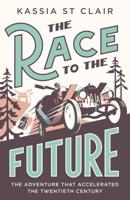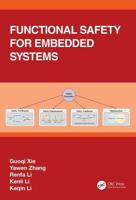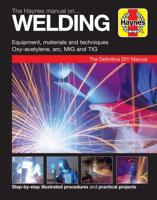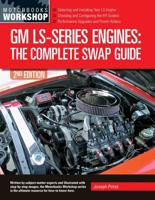Publisher's Synopsis
Excerpt from British Progress in Pumps and Pumping Engines
Where little power is required, hot air engines are quite in place for powers up to about I horse-power, they are very economical and require but moderate attention. Such motors would often prove the best in country man sions, in farms and under Similar conditions. Compressed air is a valuable source of motor power. It can be carried in pipes for considerable distances with out appreciable loss of pressure, always provided that the air compressor is of the right design and construction; otherwise the loss of power and the cost of compression are apt to be very heavy. Electric motors are coming more and more to the front for pumping purposes, but an essential condition for the use of such power is this, that current is available at a reasonable cost. The advantages under suitable condi tions of electricity are obvious. It is always ready no time is lost in starting there is no condensation of steam. No doubt users of electric power have their own troubles. If the diameter of the cable be too small, or if there are too few strands, there will be a very sensible loss of power, while with too large a cable the first cost will be excessive. But if a cable of suitable diameter be selected, the waste of power will be trifling. Where an electric motor is used three-throw single-acting pumps are the best, as these give a more even distribution of power, which is essential in electric driving. About the Publisher Forgotten Books publishes hundreds of thousands of rare and classic books. Find more at www.forgottenbooks.com This book is a reproduction of an important historical work. Forgotten Books uses state-of-the-art technology to digitally reconstruct the work, preserving the original format whilst repairing imperfections present in the aged copy. In rare cases, an imperfection in the original, such as a blemish or missing page, may be replicated in our edition. We do, however, repair the vast majority of imperfections successfully; any imperfections that remain are intentionally left to preserve the state of such historical works.








